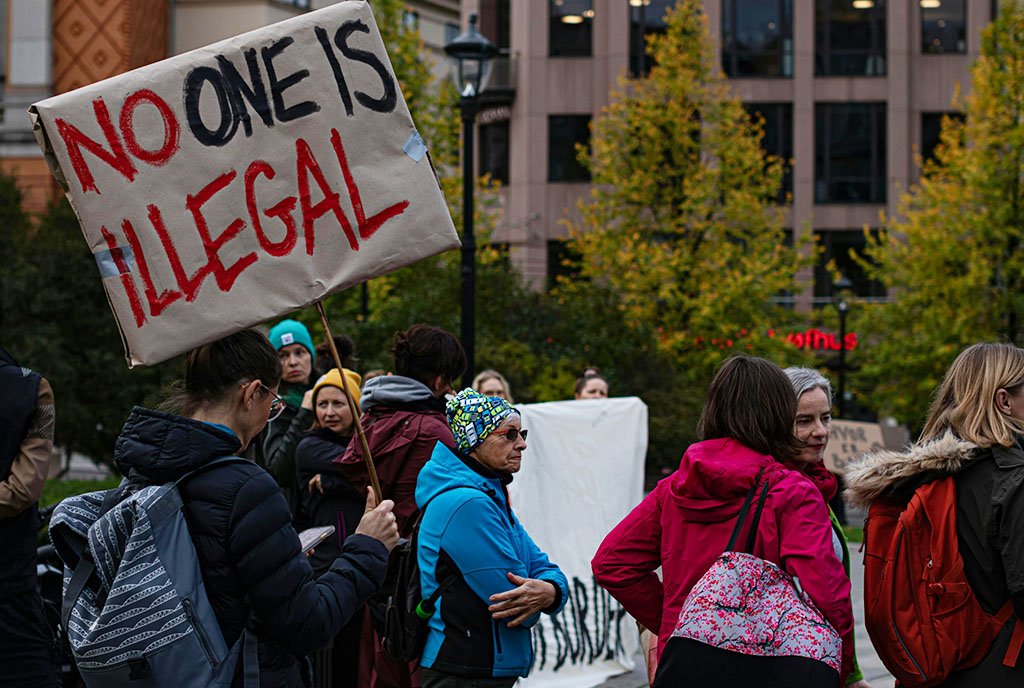
February 5, 2018; The Cut
The impressive rise of WNYC could serve as an exemplar to be studied by nonprofit managers wanting to learn how to grow their organizations. Over a period of years, its board and executive leadership were able to transform from a small FM radio station owned by the New York Board of Education into a giant independent organization with national and international reach. But there are other questions that should be asked. Can an organization be driven forward aggressively without fostering an abusive, destructive culture?
In this year of revelation about abusive workplaces and powerful men, WNYC has been forced to face its own #MeToo moment. Last December, it was forced to deal with a pattern of abuse that, according to the Cut, “upper management—including CEO Laura Walker, the HR department, and chief content officer and The Takeaway founder Dean Cappello—had known about…for years.” The charges went public and WNYC’s leadership had no choice but to respond.
WNYC, like many nonprofit organizations, has a mission of service to others, often the powerless and those without a strong voice. According to the Cut, this made confronting its own toxic culture quite difficult.
At WNYC, the gap between the public mission and the private culture seemed particularly vast. As one employee wrote to HR: “We are so compassionate and thoughtful in our coverage of these issues about every other institution, but we don’t express that compassion internally.”
It seemed the drive to grow and expand blinded leadership to the harmful workplace culture that some of those driving the organization had created. The organizational questions now being put to WNYC’s board and leadership agenda have no simple or easy answers. What should the board do to ensure that needed changes get to the root of their problems? What if effectively responding to issues of workplace abuse dulls the organization’s “competitive edge?” Can the same staff that did not see or ignored a toxic workplace still lead the organization as it confronts its past and creates a new culture?
WNYC has hired outside counsel, engaged a world-class organizational consultant, and tasked its staff leadership team to figure out how to go forward. This effort is being led by Walker, who has headed the organization since it became independent. With the same drive that has fueled WNYC forward, Walker has taken on the challenge of changing her organization into the better place it must become. Is she the right person to lead this difficult internal rebuilding process? As the Cut suggests, “The question is whether she will be able to fundamentally change a place she essentially created without overreacting, overextending, or losing focus on that paramount public mission. Nor can she afford to lose the patience of her listeners, her restive staff, or a nonprofit board with the power to remove her at any time.”
Sign up for our free newsletters
Subscribe to NPQ's newsletters to have our top stories delivered directly to your inbox.
By signing up, you agree to our privacy policy and terms of use, and to receive messages from NPQ and our partners.
In a series of “listening” meetings, staff has been given a chance to safely communicate their experiences and their recommendations for what needs to change. The emerging issues go beyond a list of individual experiences; they ask WNYC to make major changes in how its HR department functions and how it manages the organization. The issues are not unique to WNYC; they are faced by every organization concerned about creating a supportive workplace.
From some perspectives, the root of the problem was an imbalanced management structure that concentrated power in too few individuals. This was the message given to the WNYC Board in a letter signed by 69 employees, which described the need to “address the steep hierarchy in the content division because the devastating mistakes that led to an unsafe workplace for women and racial bias…could not have happened if decision-making were not concentrated so tightly in the hands of one person.”
To support those who are now afraid to speak up, the rights of accused and accuser may need to be rebalanced. How should an organization weigh the privacy rights an employee who feels he or she has been mistreated with those of an employee being accused, particularly when there is a significant power imbalance between them? WNYC’s practice has required, when a formal complaint is made, that anonymity must be sacrificed. But when a complaint is found to be true and discipline is deemed necessary, its practice was to keep the outcomes confidential. One employee described the process in stark terms: “The only way that you can address this wrong is to sacrifice yourself through a process that doesn’t seem very thought-through and doesn’t seem to be looking out for you.”
If HR is the organizational component responsible for overseeing workplace culture and safety and handling complaints of abuse, what else should fall under its purview? At WNYC, it was more interested in managing the hours of freelance contract employees than in stepping in to support complaints of abuse. Reversing the priorities, or even separating the functions, may be necessary if board and management are serious about addressing the problems they have been forced to see.
For Walker, this appears to be just another challenge to overcome. Looking forward to implementing another innovative plan for change, she told the Cut that she’s not considered resigning and that she is “committed to getting us through this to a new place. You don’t grow a place from a municipal radio station to this without a pretty strong backbone and vision. The board is very supportive and understands the need for change.”
The pain of each individual story of abuse is clear. WNYC is trying to respond to its history of ignoring or tolerating destructive behaviors to protect powerful and important parts of their organization. But is it ready to go far enough to change the conditions that allowed it to be so toxic for so long? Will it undertake deeper changes that may be necessary if those changes might temper their growth and business success? Those questions are not just for WNYC; they deserve to be on the agenda of every nonprofit board as it assesses its own reality.—Martin Levine












